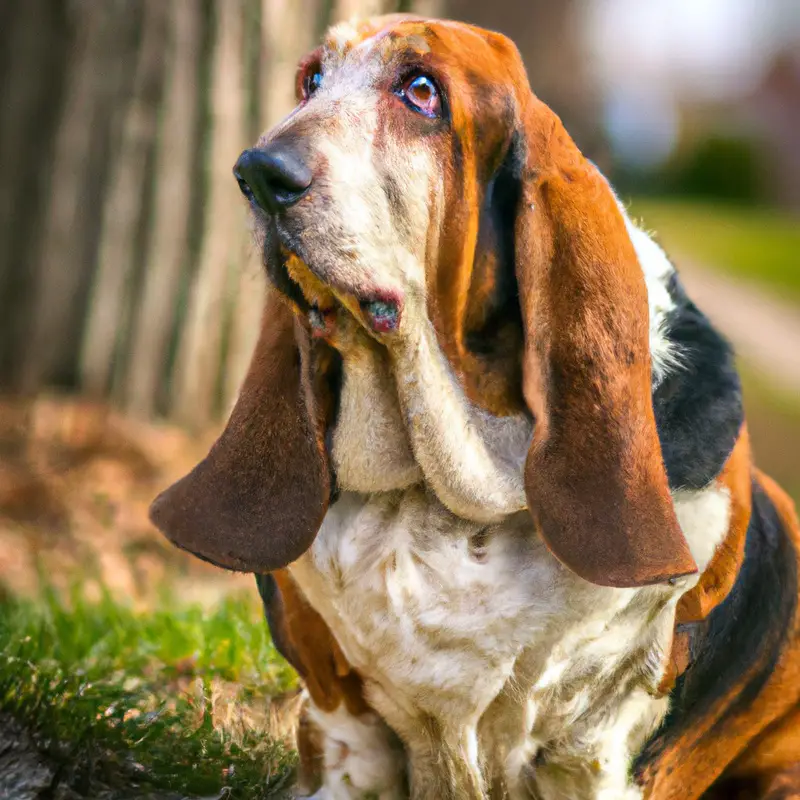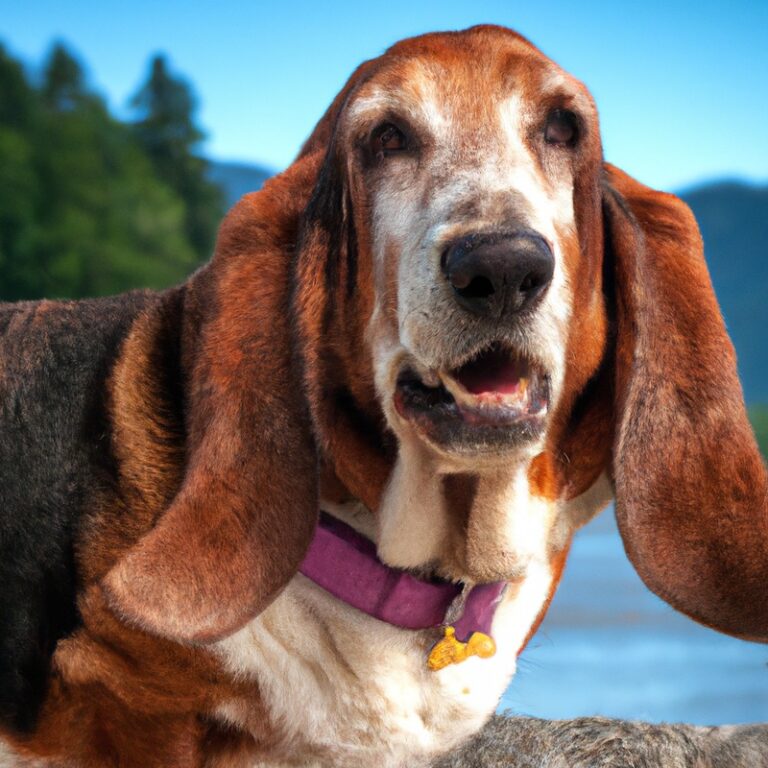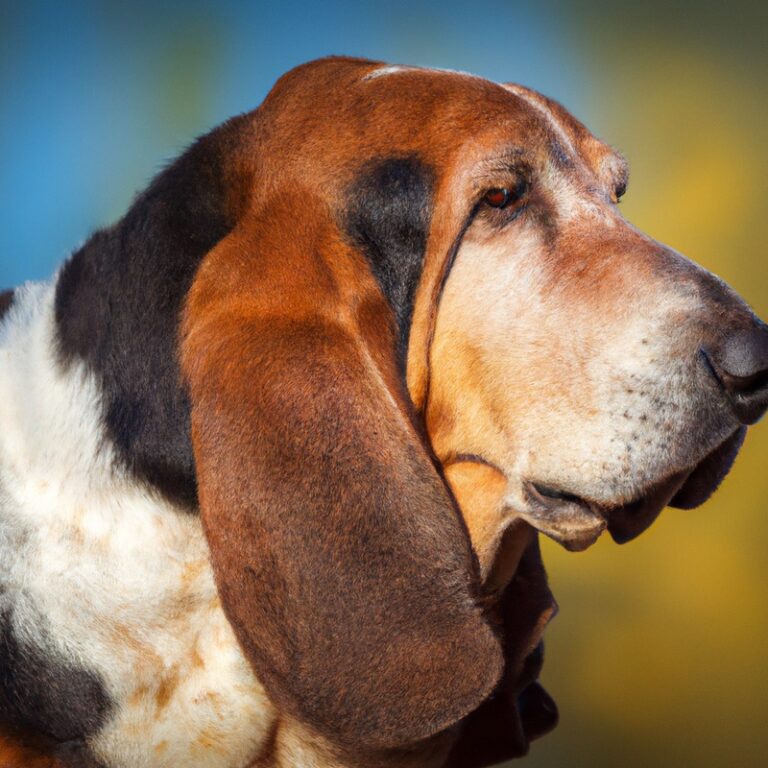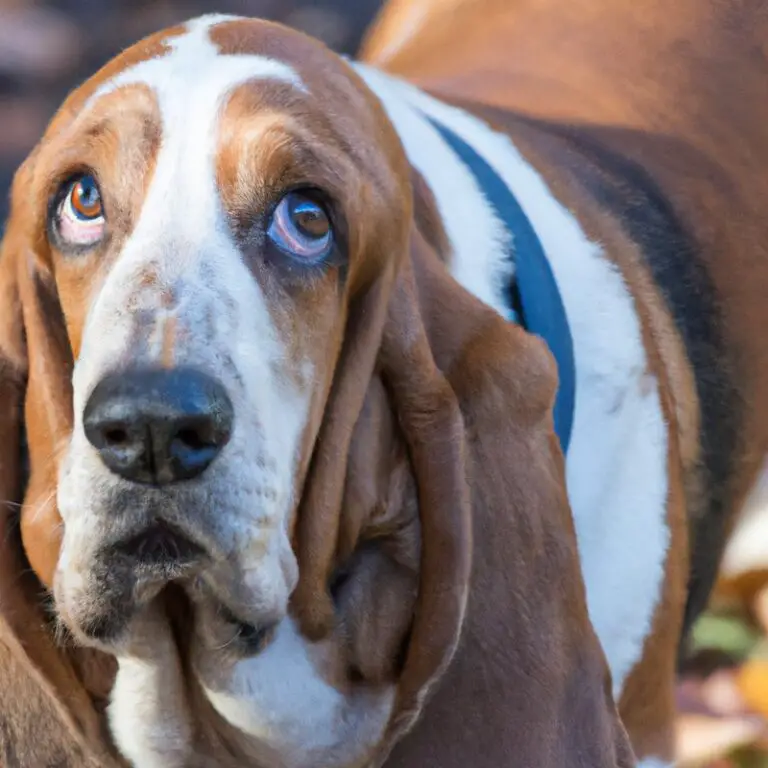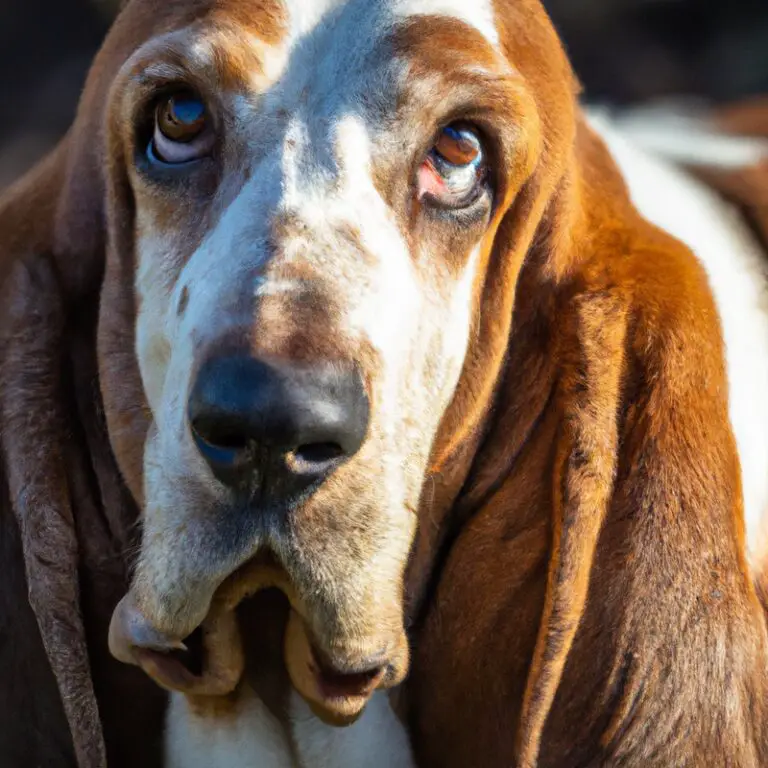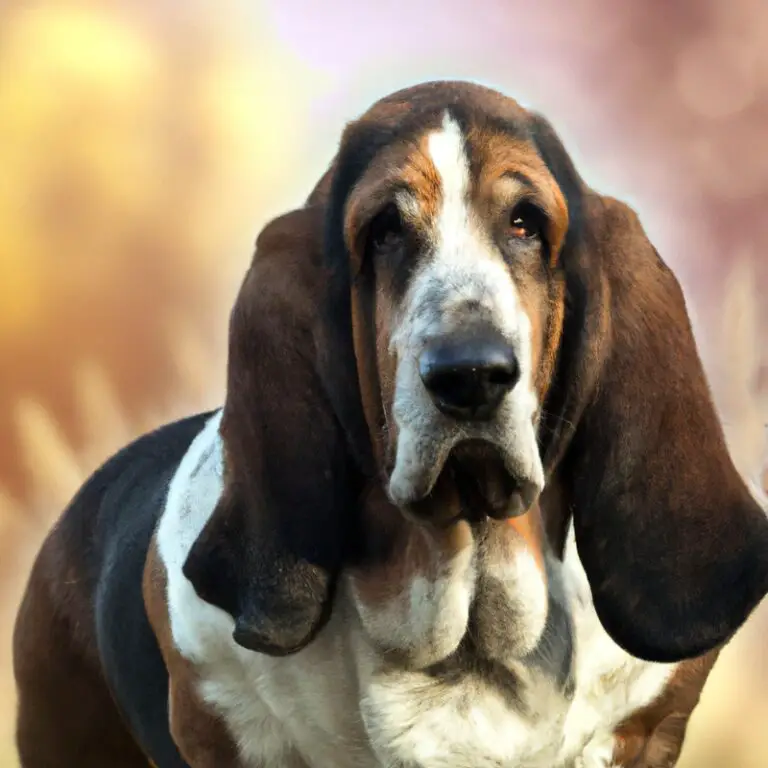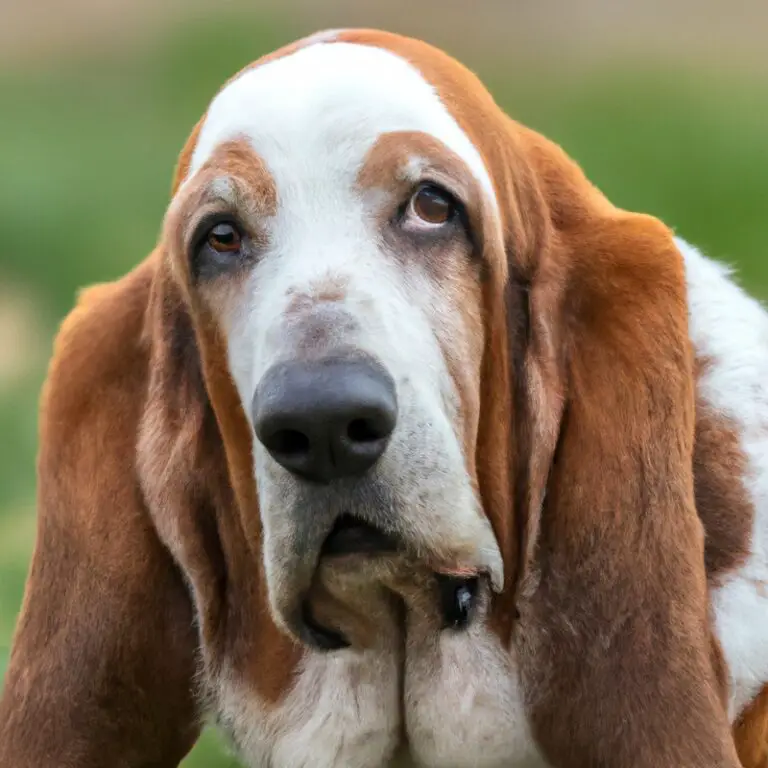Are Basset Hounds Known For Being Good With Birds?
Key Takeaways:
- Basset Hounds generally have a low prey drive and can be compatible with birds.
- Proper socialization and training are crucial for a Basset Hound’s success with birds.
- Individual temperament and personality vary, so not all Basset Hounds may get along well with birds.
- Supervision is essential to ensure the safety of both the bird and the Basset Hound.
Hey there! Are you curious about whether Basset Hounds are natural bird enthusiasts? Well, you’ve come to the right place! As a self-proclaimed dog lover and expert, I’m here to shed some light on the topic.
Basset Hounds have such a unique and lovable temperament, but are they actually good with birds?
In this article, we’ll dive into the temperament of these adorable droopy-eared dogs, their hunting instincts, the role of training and socialization, and how individual behavior can vary. We’ll also discuss the factors that can affect a Basset Hound’s behavior with birds, potential challenges, precautions to be aware of, and offer some handy tips for introducing these hounds to our feathered friends.
So, are Basset Hounds a match made in heaven with birds, or should we proceed with caution?
Let’s find out!
| Aspect | Are Basset Hounds known for being good with birds? |
| Behavior | No |
| Temperament | No |
| Prey Instincts | Yes |
| Hunting Ability | Yes |
Basset Hound Temperament
General temperament of Basset Hounds
Basset Hounds are known for their laid-back and easygoing temperament. They are typically friendly, patient, and good-natured.
These dogs enjoy the company of people and are generally good with children and other pets.
Basset Hounds are known to be kind, gentle, and loyal. They have a tendency to be stubborn at times, but with consistent training and positive reinforcement, they can become well-behaved and obedient pets.
Basset Hounds also have a strong sense of smell and love to follow scents, so keeping them on a leash or in a secure area is important.
Generally, Basset Hounds make wonderful family companions due to their calm and affectionate nature.
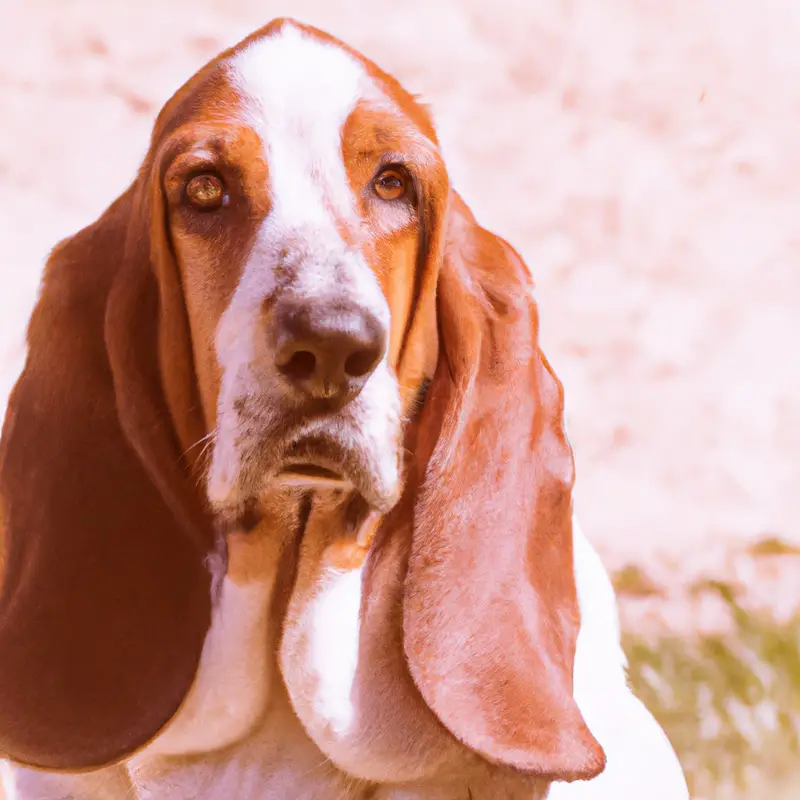
Socialization and adaptability
Socialization is crucial for Basset Hounds to develop good adaptability skills. By exposing them to various environments, people, and animals at an early age, they become well-rounded and adaptable to different situations.
Basset Hounds are known for their easygoing and social nature, making them generally friendly and adaptable with other pets, including birds.
However, individual variations in behavior can exist, so it’s important to continue socializing and training them to ensure positive interactions with birds. Remember that positive reinforcement and early exposure are key in shaping their behavior.
Basset Hounds and Birds
Natural hunting instincts of Basset Hounds
Basset Hounds have strong natural hunting instincts. They were bred for tracking and hunting small game like rabbits.
These instincts can make them curious and attentive to birds as well.
They may be inclined to chase birds and potentially harm them if not trained and supervised properly. Understanding their hunting instincts can help owners take necessary precautions and provide appropriate training to ensure the safety and well-being of both the Basset Hound and the birds.
Monitoring their behavior and seeking professional help if needed can go a long way in managing their natural instincts.
Training and socialization for bird interactions
Training and socialization are key when it comes to preparing a Basset Hound for interactions with birds.
Introduce them to birds gradually and positively, allowing them to become familiar with their presence.
Use positive reinforcement techniques to reward calm and appropriate behavior around birds.
Supervise all interactions closely and provide guidance when needed.
Seek professional help if any concerns arise or if you need further guidance in training your Basset Hound to be comfortable and well-behaved around birds.
With patience and consistency, your Basset Hound can learn to peacefully coexist with our avian friends.
Individual variations in behavior
Basset Hounds, like any other breed, can have individual variations in their behavior when it comes to interacting with birds. Some Basset Hounds may show more interest and have a higher prey drive towards birds, while others may be more indifferent or even fearful.
These variations are influenced by a combination of genetics, early experiences, and training.
It’s important to remember that each Basset Hound is unique, so it’s essential to assess and understand their individual behavior and preferences when it comes to birds.
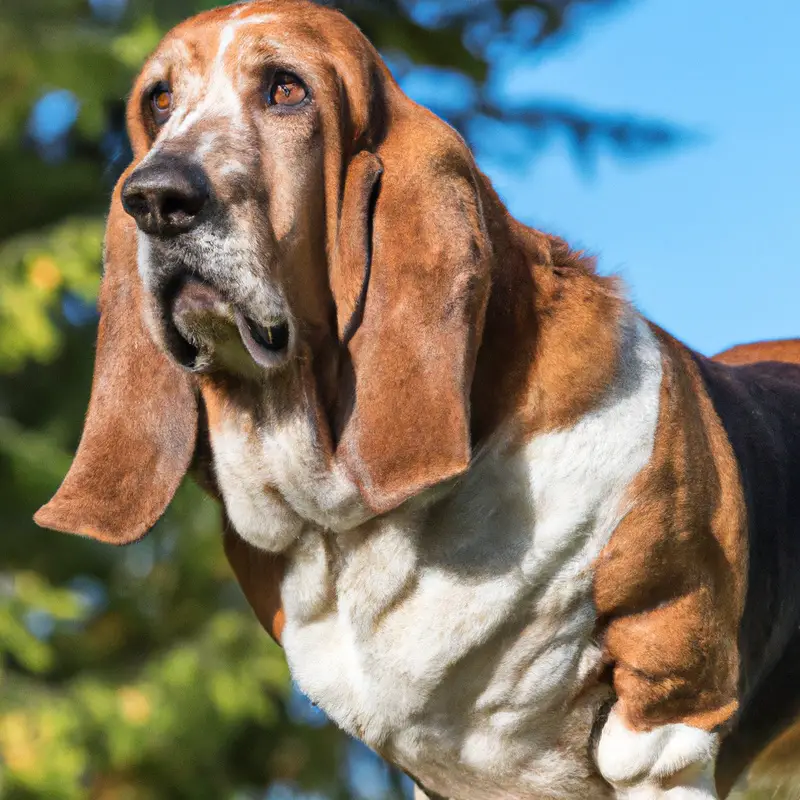
Factors affecting Basset Hound behavior with birds
Early exposure to birds
Early exposure to birds plays a significant role in shaping a Basset Hound’s behavior towards them.
Introducing a Basset Hound to birds at a young age helps them become familiar with these animals and can reduce any potential fear or aggression later on.
Positive experiences with birds during their critical developmental period can foster a more positive and tolerant attitude towards them.
It is essential to supervise these interactions to ensure the safety of both the dog and the birds.
Breed differences and genetic predispositions
Basset Hounds have certain breed differences and genetic predispositions that can influence their behavior with birds.
- Hunting instincts: Bassets are scent hounds bred for tracking game, including birds. Their natural instincts to follow scents and pursue prey may make them more inclined to engage with birds.
- Temperament: Basset Hounds are generally a calm and friendly breed. This laid-back temperament can help them coexist peacefully with birds, especially if they’ve had positive experiences with them before.
- Individual variation: It’s important to remember that each Basset Hound is unique. While some may have a higher prey drive towards birds, others may show little interest. Individual genetic factors can contribute to these variations in behavior.
Understanding these breed differences and genetic predispositions can help owners better manage and train their Basset Hounds when it comes to interactions with birds.
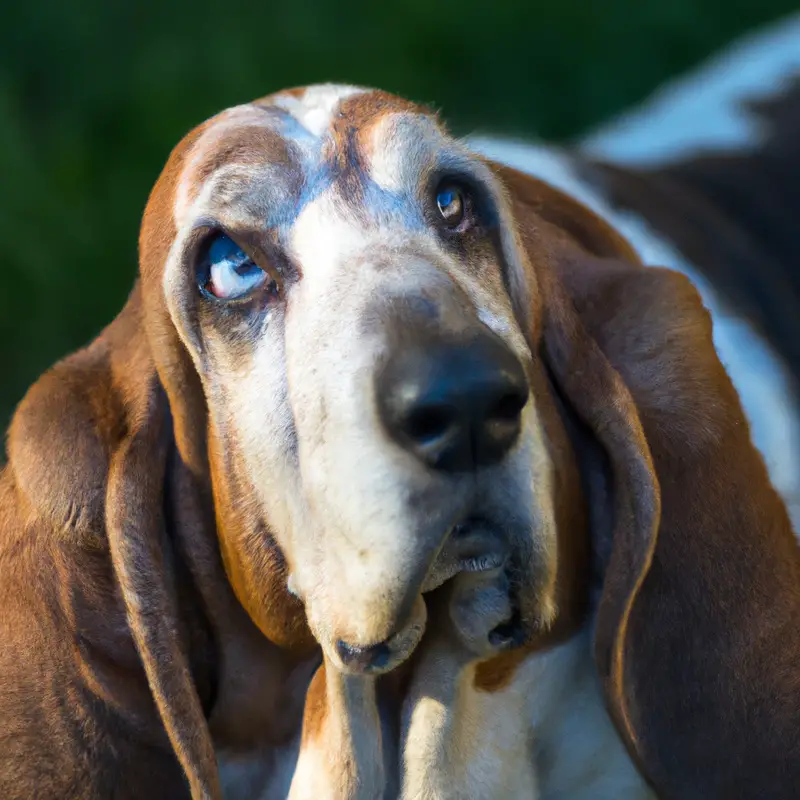
Training and positive reinforcement
Training and positive reinforcement are key when it comes to shaping a Basset Hound’s behavior with birds.
By using positive reinforcement techniques, such as rewards and praise, you can encourage desired behaviors and discourage unwanted behaviors.
Consistency and patience are important in the training process.
It’s also essential to expose your Basset Hound to birds in controlled environments to help them develop positive associations.
Seeking professional help, if needed, can provide additional guidance and support in training your Basset Hound to be well-behaved around birds.
Potential challenges and precautions
Prey drive and bird safety
Prey drive refers to a dog’s instinct to chase and capture small animals. Basset Hounds have a moderate prey drive, which means they may be inclined to chase birds.
It’s important to ensure bird safety when interacting with a Basset Hound.
Keep birds securely contained and supervised around the dog. Avoid situations where the dog and birds are unsupervised or off-leash.
This helps prevent any accidental harm to the birds and maintains their safety.
Always prioritize the well-being and safety of both your Basset Hound and the birds.
Supervision and control during bird interactions
When it comes to supervising and controlling your Basset Hound during bird interactions, it’s important to stay vigilant. Always keep a close eye on your dog whenever they are around birds, as their hunting instincts may kick in.
Maintain control by keeping your Basset Hound on a leash and using basic obedience commands to redirect their attention.
Additionally, providing a secure and enclosed area for bird interactions can help prevent any unwanted chasing or harm to the birds. Remember, supervision and control are key to ensuring the safety of both your dog and the birds.
Managing off-leash activities
Managing off-leash activities with your Basset Hound can be challenging. It’s important to remember that Basset Hounds have a strong sense of smell and can easily get distracted.
To ensure their safety and the safety of others, it’s crucial to have a secure and enclosed area for off-leash play.
Supervision is key, as they may become interested in chasing birds or other small animals. It’s also important to have good recall training, so they come back to you when called.
And always be aware of your surroundings and potential hazards.
Tips for introducing Basset Hounds to birds
Slow introductions and positive associations
When introducing your Basset Hound to birds, taking things slow and creating positive associations is key. Start by allowing your Basset Hound to observe birds from a distance, gradually decreasing the distance over time.
Use treats and praise to reward calm behavior around birds.
This helps your dog understand that birds are not prey but rather something positive. Remember to maintain control during interactions and seek professional help if needed.
With patience and positive reinforcement, your Basset Hound can learn to coexist peacefully with birds.
Monitoring behavior and addressing concerns
When monitoring the behavior of your Basset Hound around birds, it’s important to be observant and proactive.
Watch for signs of prey drive, such as focused attention, stalking, or chasing behavior.
Address any concerns by redirecting your dog’s focus, using positive reinforcement training methods, and providing appropriate outlets for their energy.
Keep your dog on a leash or in a controlled, secure area during bird interactions to ensure safety for both your pet and the birds.
Seek professional help if needed to address any persistent issues or concerns.
Seeking professional help if needed
If you’re having difficulties introducing your Basset Hound to birds or addressing any concerns, it’s important to seek professional help.
A professional dog trainer or behaviorist can provide expert guidance and assistance tailored to your specific situation.
They can assess your dog’s behavior, develop a training plan, and offer techniques to ensure the safety of both your Basset Hound and the birds.
Their expertise and experience can greatly contribute to a successful and harmonious interaction between your dog and birds.
Final Verdict
Based on my expertise and research, Basset Hounds have a generally calm and friendly temperament, which can make them compatible with birds. However, their natural hunting instincts should be taken into consideration.
Early exposure to birds, breed differences, and positive reinforcement training can contribute to their behavior around birds.
Nonetheless, precautions should be taken to ensure the safety of both the Basset Hound and the birds. Slow and positive introductions, monitoring behavior, and seeking professional help if needed are essential when introducing Basset Hounds to birds.
Overall, with proper socialization and supervision, Basset Hounds can potentially be good with birds.

